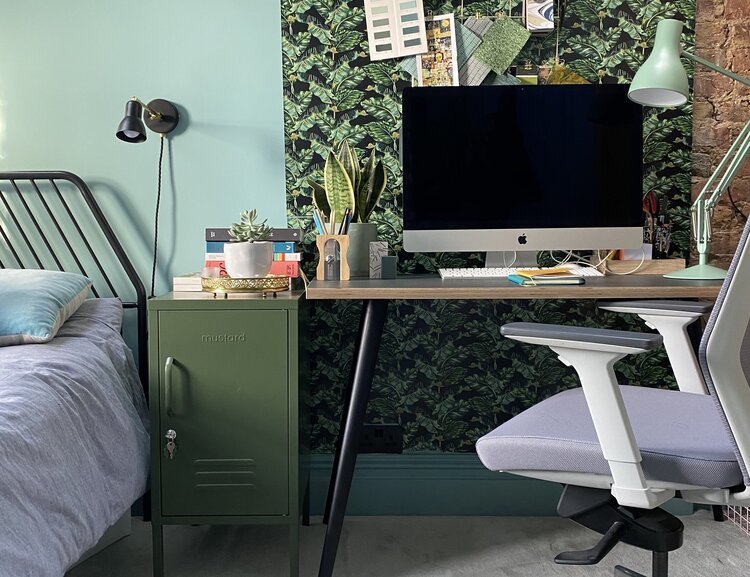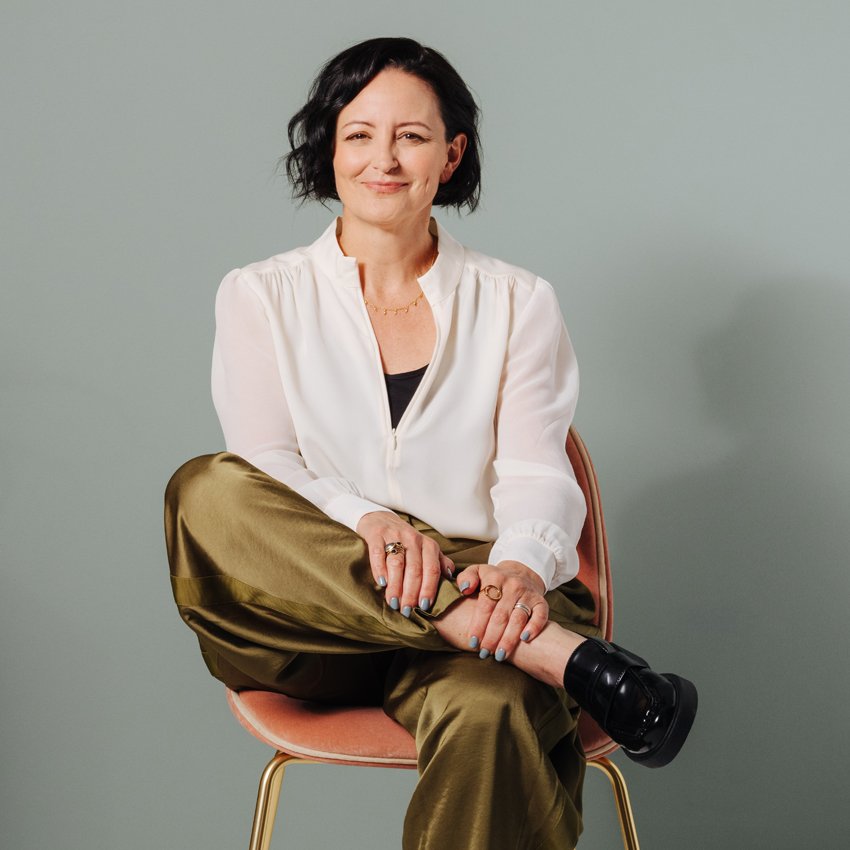Are digital nomads the future of work?
I have spent the last 12 years of my life both immersed in and dedicated to making work life better for my clients, by creating inspiring workspaces for businesses. From around 2017-2020 we noticed a distinct move towards office design becoming a ‘numbers game’. The challenge of fitting more people into less space had become a regular feature of our briefs. Despite us doing everything we could to stay true to our mission of focusing on the human requirements of these spaces, more often than not we had our hand forced into cramming in more (people/rooms/requirements) than we (or the spaces) were comfortable with.
In all my years in workspace design, this last one has been the most challenging but it has also been the most fascinating; the rewards of this collective work life experiment we have all participated in are coming, they are. We needed a break to our habitual work-life rhythm. They say it takes an average of 66 days to form a habit. Well, we have all had somewhere in the region of 308 (to date). Working from home for such an extent of time means we can’t ever go back to exactly how it was before. Returning to a daily commute to the office with its rows of desks, 9-5pm would feel like smoking in a meeting!
At Trifle* we have always believed (and long argued in meeting rooms across London over the years!) that working lives require more flexibility: because life is not 9-5. Life is complex, it is unpredictable and it has a way of messing up best laid plans. I never forget the words of Bruce Daisley (ex Twitter now author/speaker and Eat Sleep Repeat podcaster) from a talk a few years ago
‘In years to come we will look back at the 9-5 and say what on earth were we thinking’
The current situation is extraordinarily challenging for so many but the new hybrid norm will see a more flexible approach to how and where we work and thus create a multitude of opportunities and indeed new challenges for business owners, HR, facilities and indeed, workspace designers.
Having multiple options of work ‘spaces’ will allow us all to have a more nomadic and agile approach when it comes to workspace:
First there is Home which has already had to adapt to facilitate work and become, for many of us, the primary space where work happens this last year.
Home working is here to stay and largely needs to be improved; it is no longer a temporary ‘fix’ so working from a stool at the kitchen table just won't cut it long term! There are some easy ways that the home working experience can be improved including;
> Posture - 1. Investing in a decent chair and 2. Adding a laptop stand to raise your screen to eye level are both key.
> Considering light and having a variety of sources and levels for different times of day.
> Boundaries - making a division between home and work could be as simple as putting everything in a box at the end of the day. Creating a mini commute taking a walk either end of the day.
The New office/ work hub/club
The opportunities for rethinking (and renaming) workspace and genuinely putting people at the heart of design decisions is right here, right now. At Trifle we have long championed a resimmercial approach to offices and we can see that fast becoming standard. Multipurpose spaces will require a less rigid, less fixed and less desk heavy approach. The ratio of shared to solo occupied spaces will be flipped and the requirements of spaces to facilitate collaboration and learning will take priority.
The digital space
Zoom was launched 10 years ago - but only really skyrocketed in the last 9 months! There are multiple options of digital organisational and productivity apps, Microsoft teams, Google docs/drive and other collaborative online systems. A reticence to change so ingrained, meant that it took the shake up of a global pandemic to force us to widely embrace these tools. What will be fascinating to watch is the technological developments that arise over the coming months and years that further enhance our online working experience and how they can make us more effective, more collaborative and more creative.
Other spaces
Post pandemic, we expect to see a rise in localised co-work hubs outside City Centres and in both rural and other locations. With club type memberships, we envision you will be able to choose to work there for a few hours, or a day, or longer. These could incorporate health, fitness and wellness and also food or even retail - making them an attractive proposition for a change of scene and positive experience within our local communities.
Work from…. the World?
When we can work from anywhere then, once our modes of travel are more widely open to us, will we not take that opportunity if we are able?
Travel has possibly changed for the longer term, indeed with the growing impact on the environment, will longer trips to far flung destinations that allow us to work AND explore appeal? Indeed if you are working 90% remotely then looking at employment in other Countries could also become increasingly more viable.. If we are recruiting from a wider global talent pool then the virtual workspace could potentially become more diverse and appealing than ever before. Employed from London living in Bali half the year? Sounds good to me.
Author: Emma Morley, Founder and Director
Emma founded Trifle* in 2010 after a career in marketing, event design and production. Frustrated by the fact that only advertising agencies had inspiring spaces she had a desire to make good design the norm for all office workers. Emma has worked across well over 150 interior projects during her career at the helm of Trifle*, she remains passionate about making amazing spaces but also making the industry more accessible, more human and more diverse.




